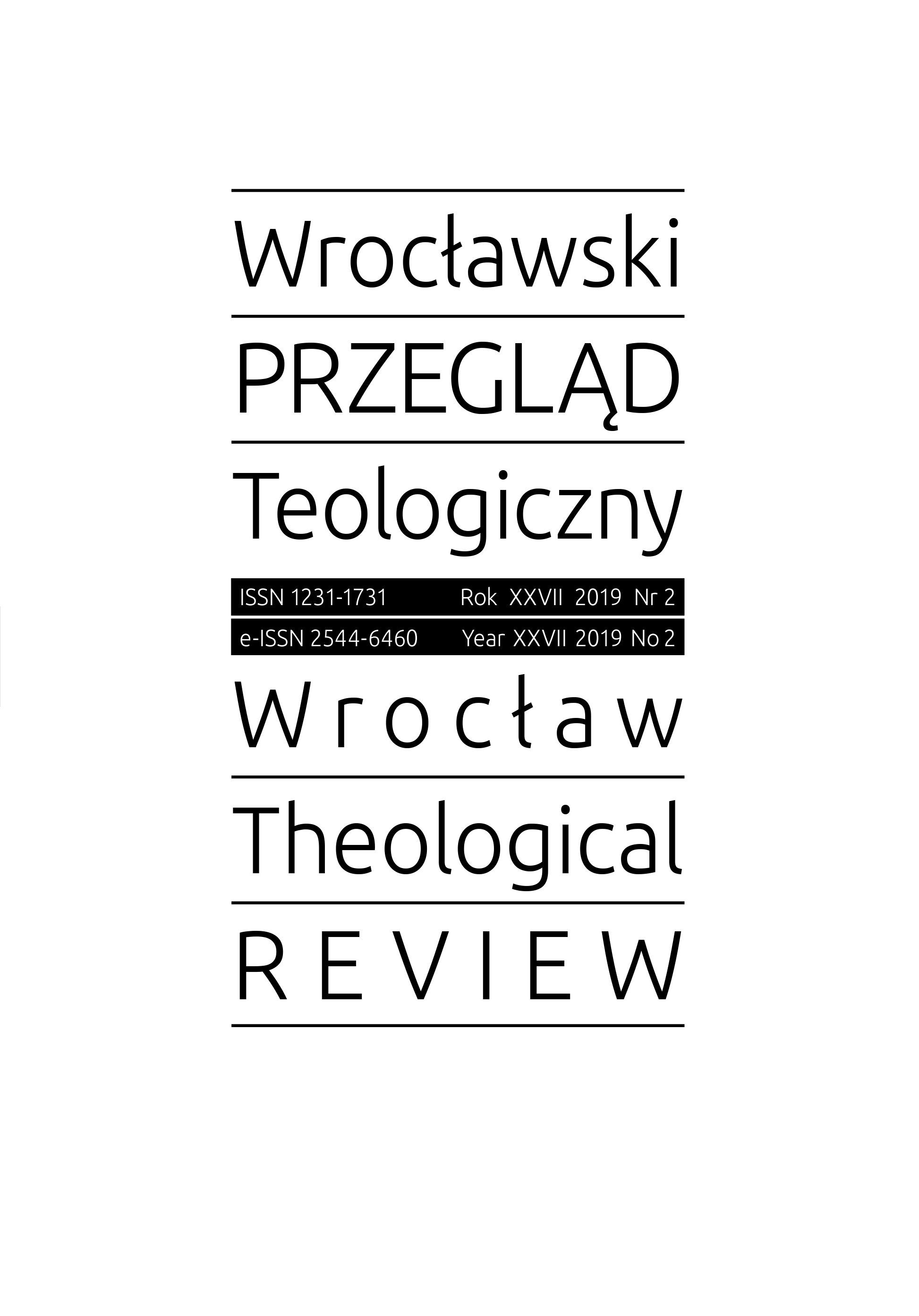Refleksje Romano Guardiniego o byciu „zagubionym w chaosie”
Reflections from Romano Guardini on Being “Lost in Chaos”
Author(s): Tracey RowlandSubject(s): Christian Theology and Religion, Ethics / Practical Philosophy, Political Philosophy, Social Philosophy, Theology and Religion, Marxism, Systematic Theology
Published by: Papieski Wydział Teologiczny
Keywords: Romano Guardini; Joseph Ratzinger; conscience; moral life; Immanuel Kant; Friedrich Nietzsche; Bolshevism; Marxism; conscience and spiritual life;
Summary/Abstract: The text was written as a contribution to the celebration of the 92nd birthday of Joseph Ratzinger, who considered Romano Guardini to be one of the intellectual heroes of his youth. The author of the article discusses Guardini’s monograph published in 1933, entitled Das Gute, das Gewissen und die Sammlung. Among the enemies of moral life, Guardini included Immanuel Kant and his concept of absolute autonomy of conscience, Friedrich Nietzsche, according to whom Christianity is a form of slave morality, and Bolshevism (today we would call it Marxism). As was diagnosed by Guardini, those who want to make an effort to evaluate a moral act feel “lost in chaos.” Conscience is susceptible to three types of error: the search for easy solutions; the exaggeration of duties; the adoption of false interpretations resulting from following conscious or unconscious desires. In Guardini’s opinion, conscience is the living voice of God’s holiness in man. The moral law is not the law of the human ‘I,’ and Kant’s thesis is both philosophically and theologically incorrect. God gives grace of a pure conscience to man praying for the fulfilment of His will, while the sacrament of Confirmation gives man gifts of the Holy Spirit. The last part of Guardini’s work focuses on the importance of prayer and concentration, as well as the supervision of the senses.
Journal: Wrocławski Przegląd Teologiczny
- Issue Year: 27/2019
- Issue No: 2
- Page Range: 113-119
- Page Count: 7
- Language: English

